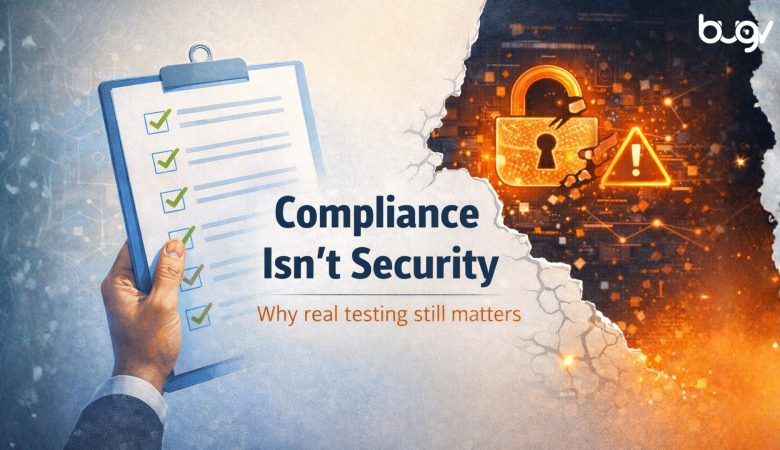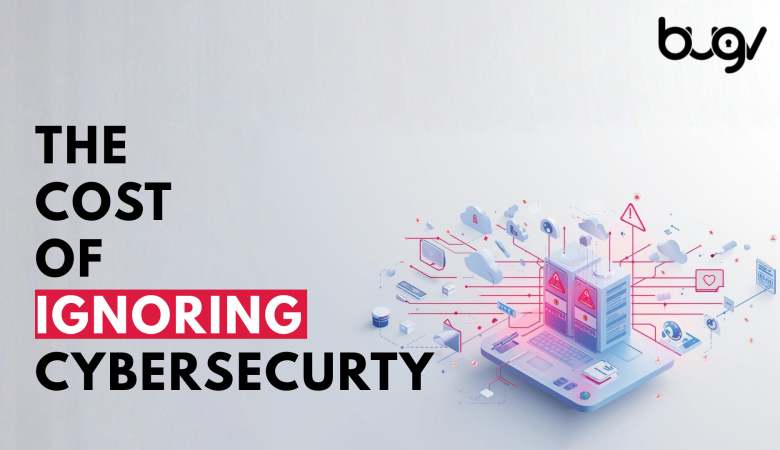A Beginner’s Guide to Bug Bounty Programs: How Businesses and Bug Bounty Hunters Can Benefit
In today’s digital landscape, cybersecurity is more critical than ever. As businesses strive to protect their assets and data, they are increasingly turning to bug bounty programs. These programs not only benefit organizations but also offer valuable opportunities for aspiring security researchers. Whether you’re a business looking to enhance your security or a budding bug bounty hunter eager to dive into the world of ethical hacking, understanding how bug bounty programs work and how they can benefit both parties is essential. In this guide, we’ll explore the advantages of bug bounty programs and how you can get started with Bugv.
What is a Bug Bounty Program?
A bug bounty program is a crowdsourced initiative where businesses invite security researchers, often called “ethical hackers,” to find vulnerabilities in their systems. In return for identifying and reporting these security flaws, researchers receive monetary rewards or other incentives. This approach leverages the collective expertise of the security community to uncover potential weaknesses before malicious actors can exploit them.
Benefits for Businesses
- Enhanced Security: Bug bounty programs provide a valuable layer of security by identifying vulnerabilities that might be missed by internal teams. Researchers often bring fresh perspectives and innovative techniques to uncover hidden flaws.
- Cost-Effective Testing: Traditional security testing methods can be expensive and time-consuming. Bug bounty programs offer a cost-effective alternative by paying only for results—vulnerabilities that are found and verified.
- Access to a Global Talent Pool: By participating in a bug bounty program, businesses gain access to a diverse group of security experts from around the world. This broadens the scope of testing and increases the likelihood of finding critical issues.
- Continuous Improvement: Security threats are constantly evolving. Bug bounty programs enable ongoing testing and vulnerability discovery, helping businesses stay ahead of emerging threats.
- Building Trust: Demonstrating a commitment to security through a bug bounty program can enhance a company’s reputation and build trust with customers, partners, and stakeholders.
Benefits for Bug Bounty Hunters
- Skill Development: Bug bounty programs offer a unique learning environment for aspiring security researchers. Participants can hone their skills, gain practical experience, and learn from real-world scenarios.
- Monetary Rewards: Successful bug bounty hunters are rewarded for their contributions. These rewards can range from small payouts to substantial sums, depending on the severity of the vulnerability and the program’s policies.
- Recognition and Networking: Discovering and reporting vulnerabilities can help build a bug bounty hunter’s reputation within the security community. It also opens doors to networking opportunities and potential career advancements.
- Flexibility and Independence: Bug bounty hunting allows individuals to work on their own schedule and choose projects that align with their interests. This flexibility can be appealing for those looking to pursue security research part-time or as a side project.
- Contributing to Security: Bug bounty hunters play a crucial role in improving the security of the digital ecosystem. By identifying and reporting vulnerabilities, they help protect users and organizations from potential attacks.
How to Get Started with Bugv
Bugv is a platform that connects businesses with skilled bug bounty hunters. Here’s how you can get started:
For Businesses
- Define Your Scope: Determine which systems, applications, or assets you want to include in your bug bounty program. Clearly define the scope to ensure researchers know what to test.
- Create a Program: Set up your bug bounty program on Bugv. Define the rules, rewards, and submission guidelines. Make sure to communicate the program’s objectives and expectations clearly.
- Engage with Researchers: Actively monitor submissions, provide feedback, and collaborate with researchers to address vulnerabilities. Building a positive relationship with the security community can enhance the program’s success.
- Analyze and Act: Review reported vulnerabilities, prioritize them based on severity, and implement necessary fixes. Regularly update your program to reflect changes in your systems and security landscape.
For Bug Bounty Hunters
- Sign Up: Create an account on Bugv and explore available bug bounty programs. Look for programs that align with your skills and interests.
- Understand the Scope: Carefully read the scope and rules of the bug bounty programs you’re interested in. Ensure you understand what’s in-scope and out-of-scope to avoid disqualification.
- Start Hunting: Use your skills and tools to identify vulnerabilities within the defined scope. Document your findings thoroughly and follow the submission guidelines.
- Learn and Improve: Take advantage of the feedback you receive from program administrators. Use it as an opportunity to learn, refine your techniques, and improve your skills.
- Engage with the Community: Connect with other researchers, participate in forums, and stay updated on the latest trends and techniques in the bug bounty world.
Conclusion
Bug bounty programs offer a win-win situation for both businesses and bug bounty hunters. Businesses benefit from enhanced security and access to a global talent pool, while bug bounty hunters gain valuable experience, rewards, and recognition. By leveraging platforms like Bugv, both parties can maximize the advantages of bug bounty programs and contribute to a safer digital world. Whether you’re a business looking to bolster your security or a researcher eager to dive into the world of ethical hacking, getting started with bug bounty programs can be a rewarding and impactful experience.











